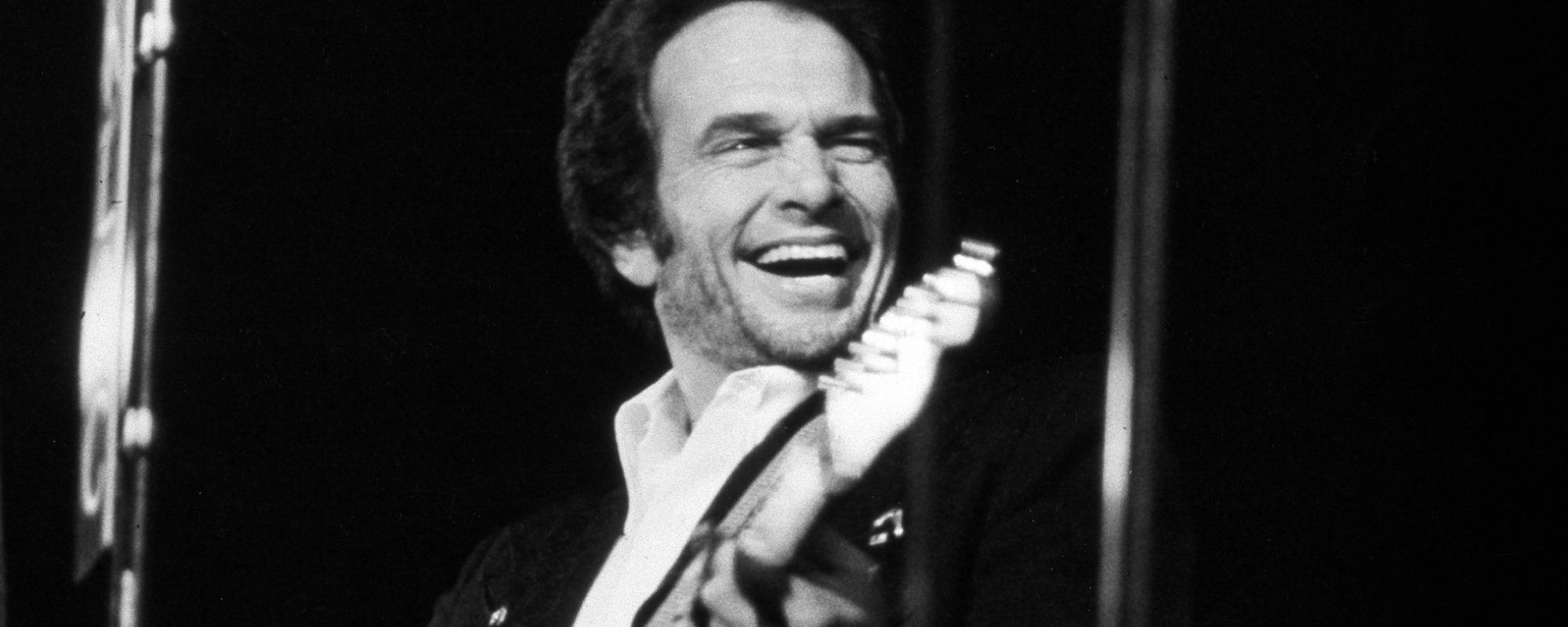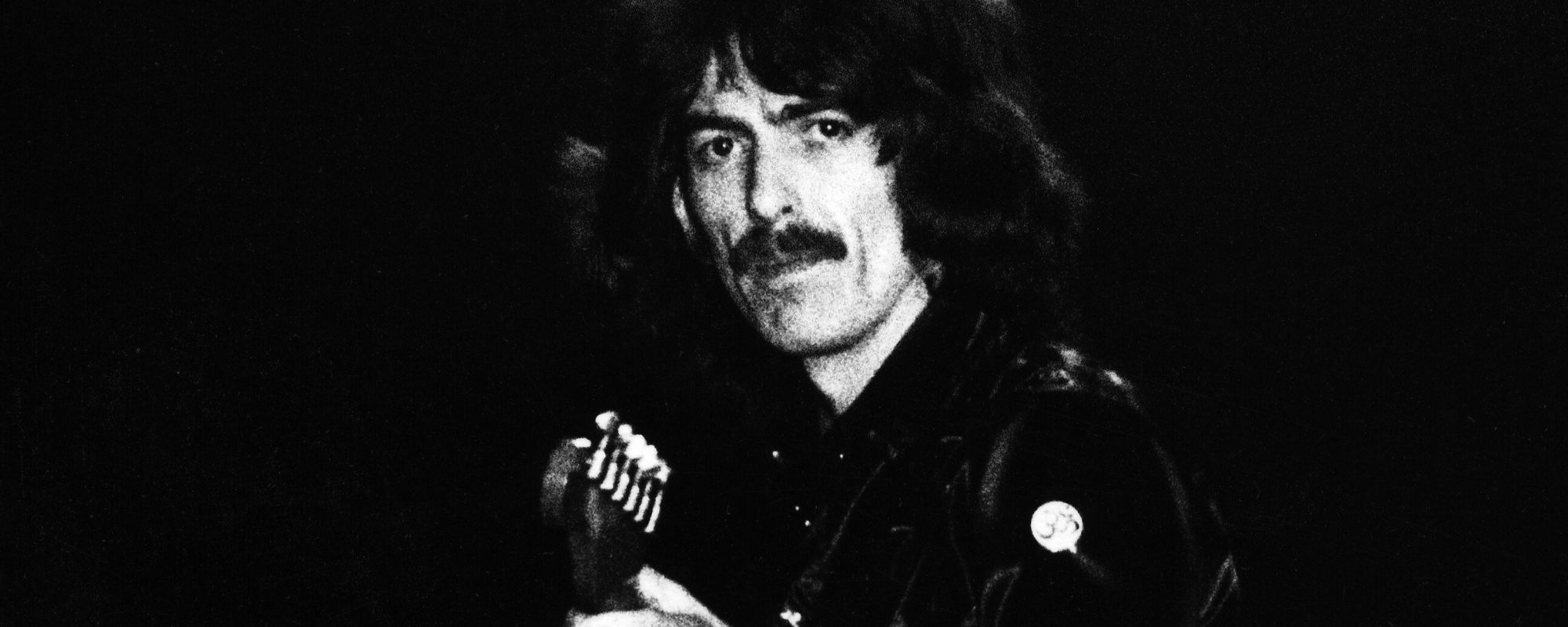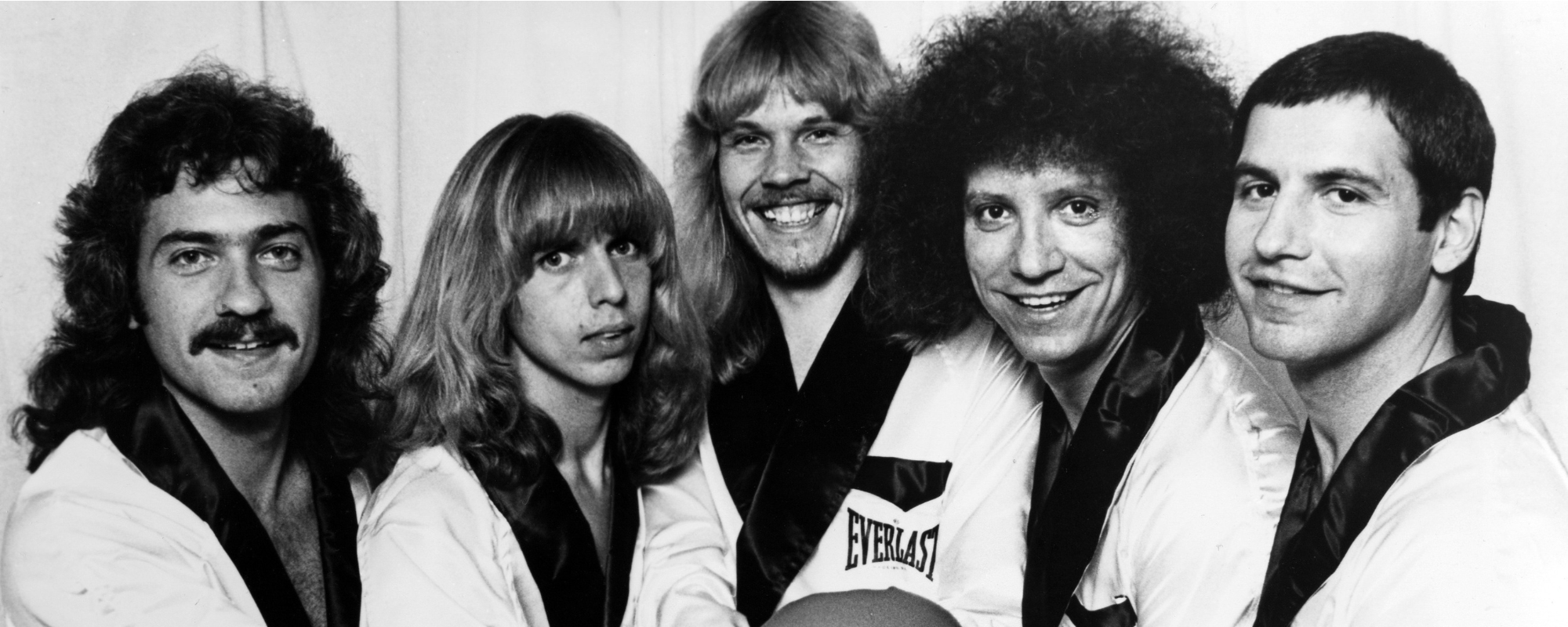We understand the folks who run the Rock & Roll Hall of Fame have a difficult job. But it’s getting harder and harder to understand the omission of Styx from even being nominated. You could say it’s a bias against arena rock, but the fact peers like Journey and Foreigner have made it renders that argument nonsensical.
Videos by American Songwriter
Heck, the band even underwent a major controversy that was no fault of their own. If that’s not the hallmark of Hall of Famers, we have no idea what is. It all came down to backward messages that some folks claimed to hear in one of the band’s songs. All of which led to a concept album that polarized fans and even band members themselves.
Shady “Snow”
Styx triumphed with their 1981 album Paradise Theatre. It was the first album of theirs to top the American charts, and it included a pair of Top-10 singles (“The Best of Times” and “Too Much Time on My Hands”). Included on that record was the song “Snowblind,” a grinding rocker written by Dennis DeYoung and James Young and sung by Young and Tommy Shaw.
It’s not too hard to read into the title and lyrics of “Snowblind” and understand the band was referring to cocaine use. The narrator of the track refers to the devil in white, regretting how he can barely recognize what he’s become while in the thrall of addiction.
The practice of playing a record backwards to look for hidden messages had been around since the days of The Beatles (even fueling the “Paul is dead” phenomenon). But in the early ‘80s, it had kicked into overdrive, as both the curious and the skeptical went looking for meaning in the gibberish of backwards vocals.
Styx on the Defense
Some folks claim a portion of “Snowblind,” when played in reverse, features a phrase that sounds something like “Satan moves through our voices.” The band has often noted in interviews the irony that critics had often dinged them for being reliant on soft, warmhearted balladry. Now, all of a sudden, they were devil worshipers.
Notoriety surrounding the discovery of this so-called hidden message put Styx in the crosshairs of religious groups, who believed bands were trying to warp the brains of teenagers with these tactics. The Parents Music Resource Center, a group founded by Tipper Gore, named the song as one that could corrupt youths.
The state government in Arkansas even went so far as to insist that albums with songs like “Snowblind” that indulged in “backmasking” should come with a label to identify them as so. Of course, all these actions likely drove some fans to buy those records to check them out. Nonetheless, the controversy stuck with Dennis DeYoung as ideas for Styx’s next album began to percolate in his head.
Meet Kilroy
When DeYoung put together the concept of the 1983 Styx album Kilroy Was Here, he was largely musing on technology’s ruthless advance. But he hadn’t forgotten about the kerfuffle surrounding “Snowblind.”
That’s why one of the antagonists of Kilroy Was Here is the group Majority for Musical Morality, which polices all artistic statements with a firm, cold hand. The James Young-penned track “Heavy Metal Poisoning” even contained intentional backwards masking, with the message revealed to be a Latin phrase that can be found on the United States’ Great Seal.
The “Snowblind” controversy indirectly caused major issues within Styx. A schism, between Shaw and Young on one side and DeYoung on the other, developed about the artistic direction of the band in the wake of the release of Kilroy Was Here and its elaborate stage show. All because of a bit of gobbledygook misheard by folks with way too much time on their hands.
Photo by Rob Verhorst/Redferns












Leave a Reply
Only members can comment. Become a member. Already a member? Log in.